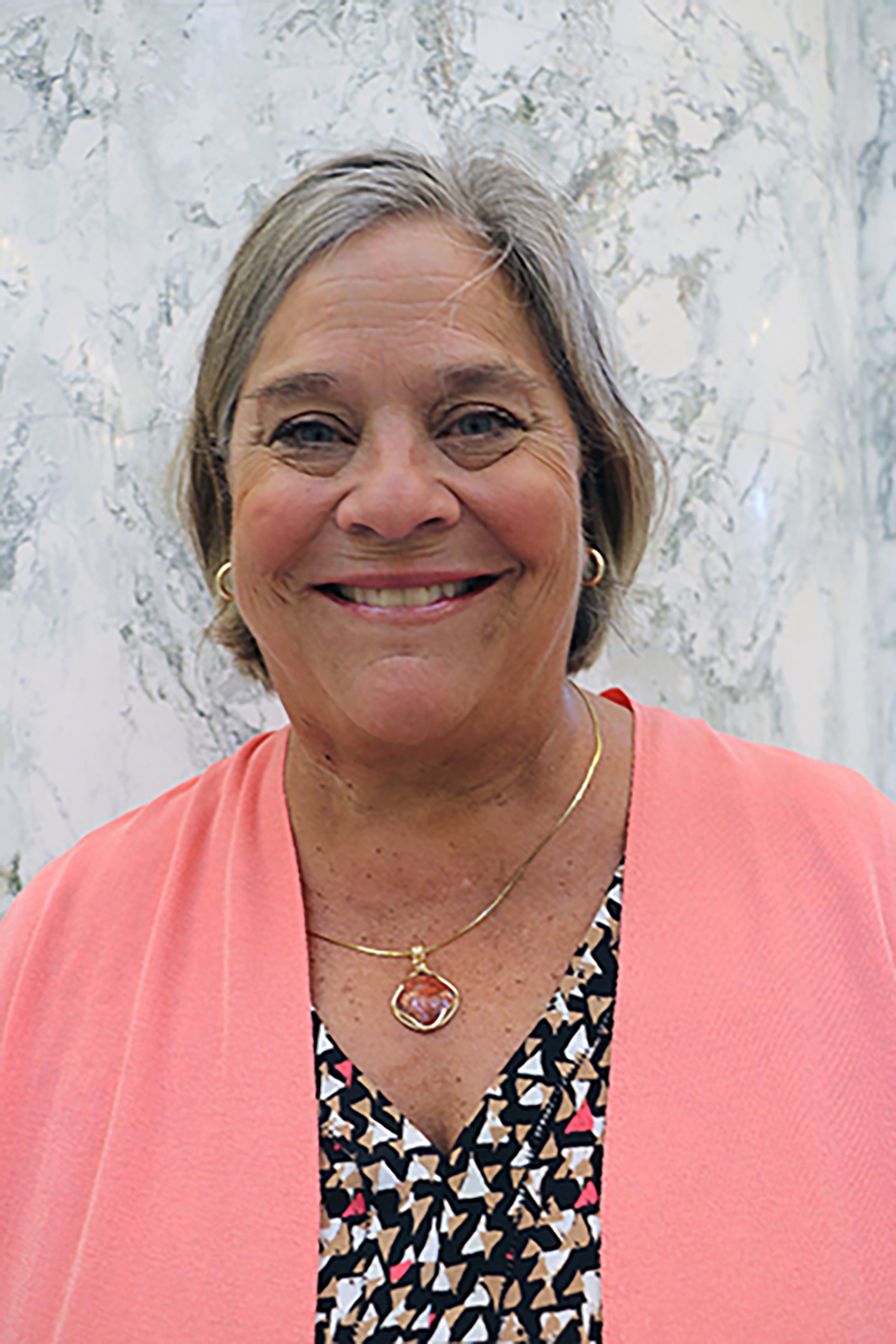OPINION: Voters should know how much initiatives cost
Guest Editorial: Another Newspaper’s Opinion
This editorial was published in The Columbian of Vancouver, Wash.
———
A court ruling Friday could be significant to the November election in Washington. It also calls to mind the need for voters to be informed.
Thurston County Superior Court Judge Allyson Zipp has ruled that ballots across the state must include information regarding the budget impact of three initiatives. The measures would close revenue streams approved by the Legislature in recent years, overturning a capital gains tax, the Climate Commitment Act and a long-term care program.
Supporters of the initiatives gathered the requisite number of signatures this year. Lawmakers then opted not to act on the initiatives, sending them to the November ballot.
At the center of Friday’s ruling is a 2022 law requiring the state attorney general to spell out how state funding and services could be impacted by initiatives that result in a net change to state revenue. Republicans filed a lawsuit, arguing that the law does not apply to this year’s initiatives and that financial disclosures were being “weaponized.”
Zipp rejected that argument, recognizing that an informed public is essential to democracy.
As Misha Werschkul, executive director of the Washington Budget and Policy Center, said: “The Washington Constitution provides voters with the right to participate in the lawmaking process through the initiative and referendum processes. Voters have a right to know these initiatives cost too much and will have massive impacts on our state’s ability to provide critical services to all Washingtonians.”
Whether they “cost too much” or will impact “critical” services will be up to voters. But the issue highlights the intricacies of our system of government.
Initiative 2117 would repeal the state’s Climate Commitment Act, which charges polluting industries and raises revenue earmarked for investments to combat climate change. The program raised $1.8 billion in 2023.
Initiative 2109 would repeal the state’s capital gains tax, which went into effect at the start of 2022. The law imposes a 7% tax on the sale of certain assets exceeding $262,000. It brought in $890 million in its first year.
Initiative 2124 will decide whether state residents must pay into Washington Cares, a public long-term care insurance program.
Each of the issues contains complexities that cannot be distilled to a single paragraph in a single editorial. They also cannot be adequately explained in one or two sentences on a ballot or in campaign slogans from advocates for one side of the other.
But they are important initiatives that require the attention of voters. In an age rife with easily accessible misinformation — and an age when “weaponized” has become a silly trope — it is important for voters to seek out reliable information and understand the intricacies of ballot measures. This is particularly true when talking about billions of dollars in state funding. Or, when talking about billions of dollars in taxes on Washington residents.
The Columbian will report on each of the measures between now and the general election. As November draws near, our Editorial Board will consider the initiatives and provide a recommendation to voters. Other reliable media outlets will do the same, seeking to better inform the public.
Many voters, to be sure, will not give the measures much thought before filling out their ballot. For them, it will be helpful to have the financial impact included. But a voter who desires to be truly informed would find that to be inadequate.
TNS








